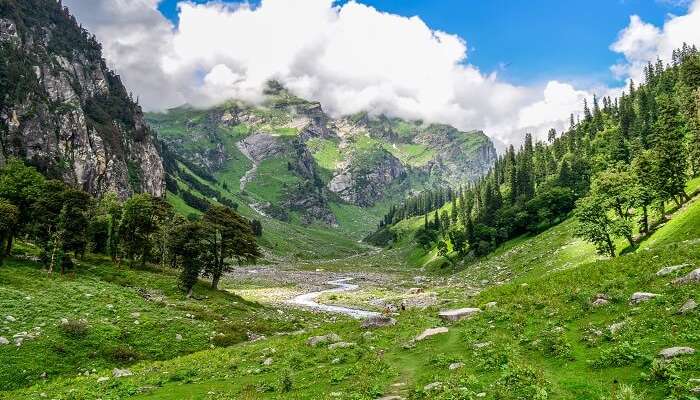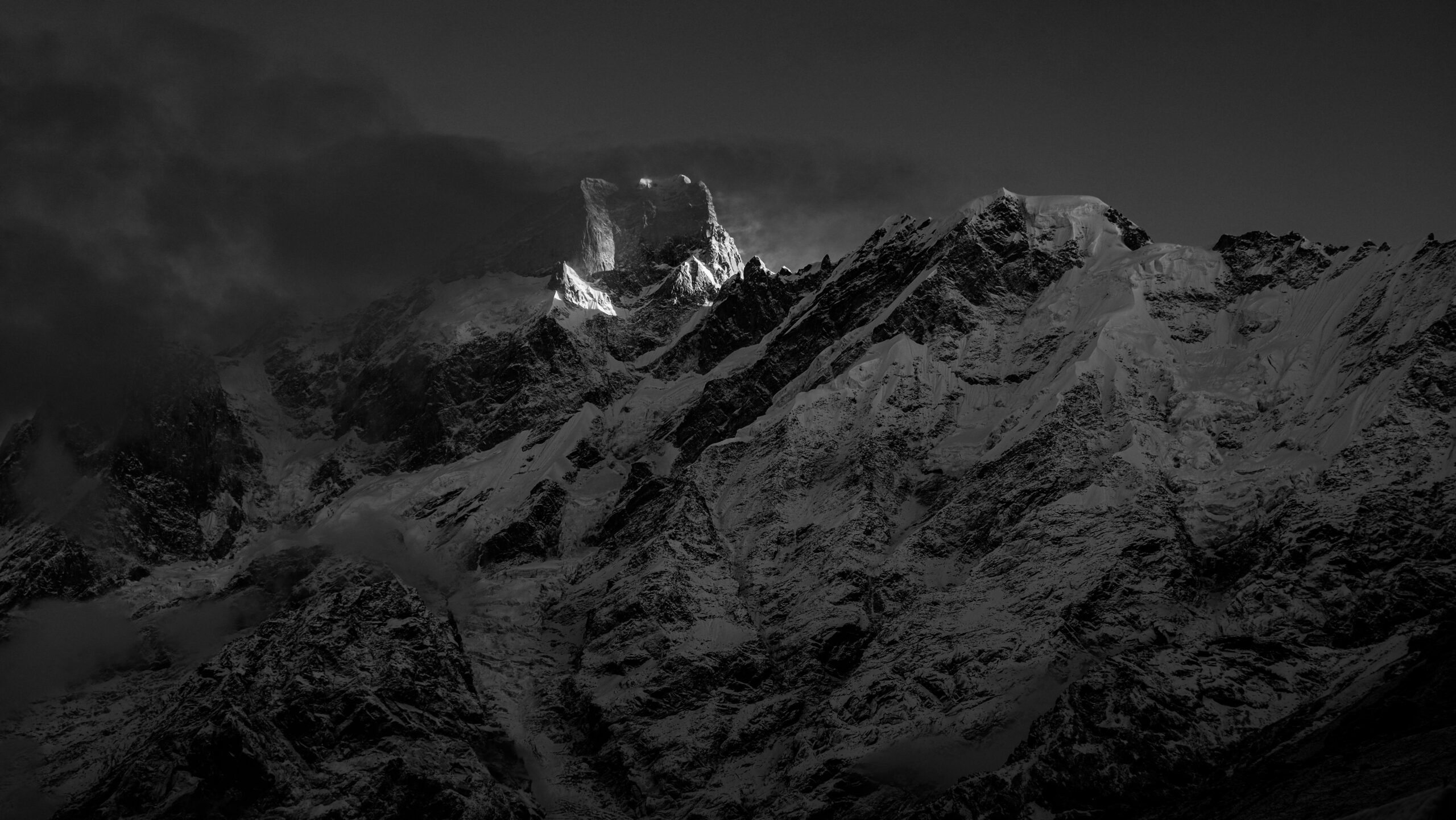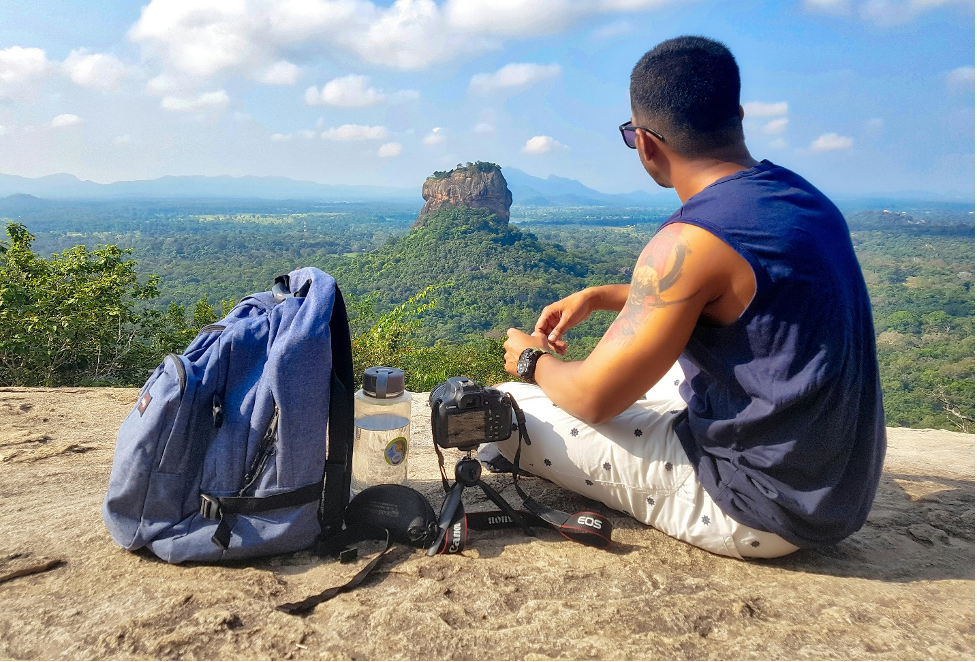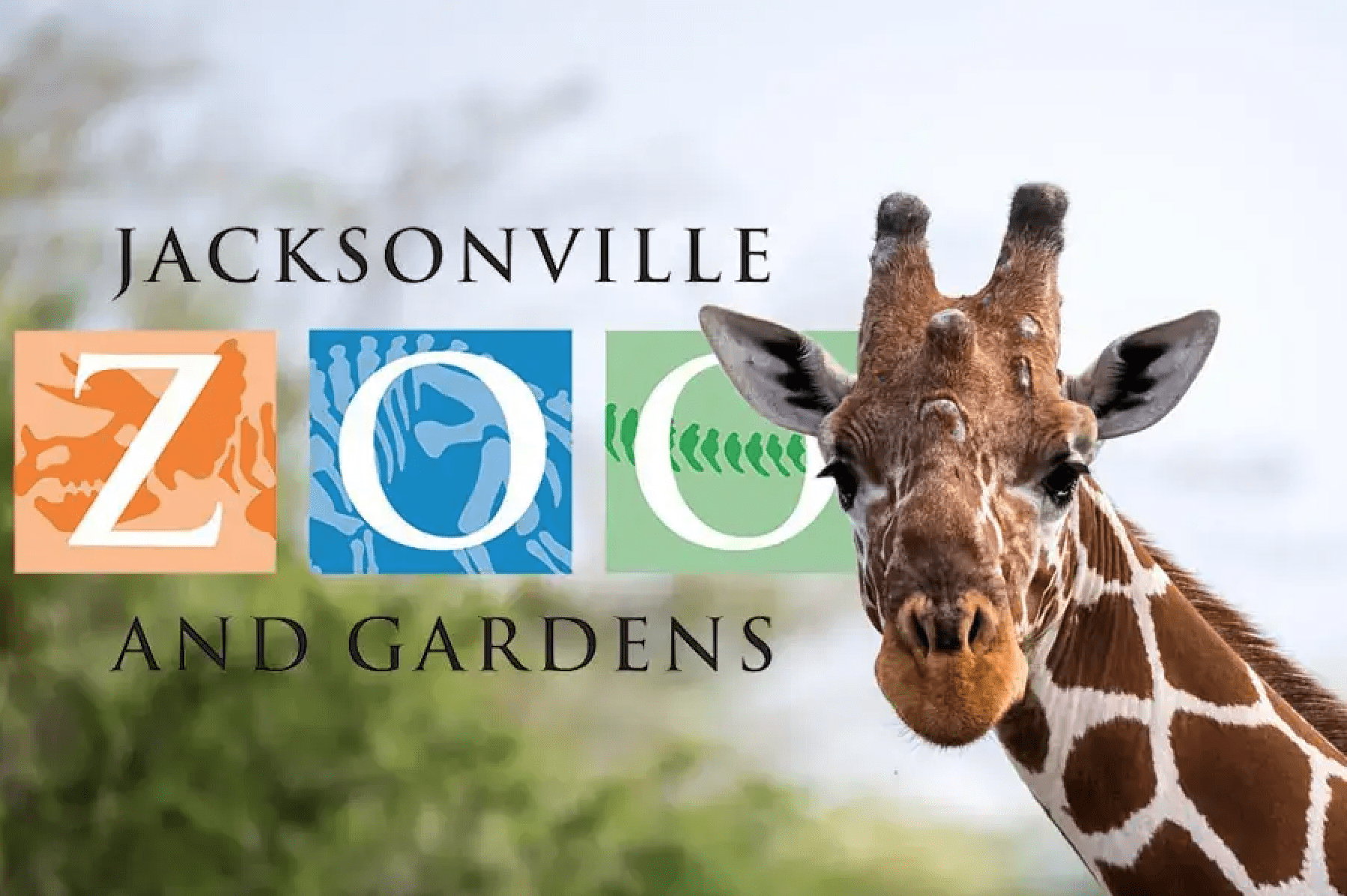Sar Pass, in the Pin Parvati Valley, is an optimal trek for novices. This trek covers all landforms like glades, moraines, valleys, mountains, and so on, and it offers a rich encounter for the trekkers. The trek begins from Kasol, which is a shelter for hipsters and individuals needing to encounter the bohemian approach to everyday life. The greatest elevation of this trek is 13,800 feet above ocean level. The absolute distance is near 50 km.
Best Season To Trek
May to October is the best and ideal opportunity to go on this trek. Winter is to be stayed away from, attributable to the perilous avalanches. The mountains are snow-clad all over time. There may be snowfall in any event, during the period of May.
Things To Carry:
Trekking shoes, knapsack, camera, rain coats, thermals, socks, sun glares, sun cap, gloves, trekking post, headlamp, toiletries, clinical pack, water and tidbits are a portion of the basics you want to convey. We flew into the Kullu Airport in Bhuntar and took a transport to Manali and ended there for the evening. Following day, we began to Kasol promptly toward the beginning of the day.
Day 1: Kasol – Grahan
The path from Kasol travels through lavish green woods following the way of Grahan Nallah stream. This is a delicate climb from 1700 to 2350 metres above ocean level. The slope being simple, the 10-km stretch can be canvassed in around 5 hours. The last 2 kilometres of this trail is a precarious rising. Subsequent to crossing the Nallah, the path becomes rough. Before long, the woods gave way to bushes. Grahan is the keep going residence on this path. Rhododendron Syrup is extremely well known around this area. It tastes tart, yet invigorates you right away. We set up camp at the Grahan town for the evening.
Day 2: Grahan – Min Thach
We started to stroll on the path north of Grahan to arrive at Min Thach (3400 metres above ocean level). In the wake of crossing the forest, we entered a thick timberland region. The incline was getting more extreme. In the wake of strolling 2 km, the woodland region opened up to a lush fix. This is Min (thach meaning glade). We set up camp here for the remainder of the evening.
Day 3: Min Thach – Nagaru
We began early, and subsequent to strolling for some time, a rough edge introduced itself ignoring a glade. The way to Nagaru (at 3800 metres above ocean level) is up this edge and is all around set apart for some time. After strolling for 6 hours, we arrived at a verdant region on the highest point of the slope called the Nagaru campground. We could see the mountains ascending against the Parvati Valley from here. We threw in the towel sooner than expected, as we were impacted by wind chill.\
Day 4: Nagaru – Sar Pass – Biskeri Thatch
Beginning the day early, we strolled towards Sar Pass. This was a fairly long path contrasted with the earlier day. The Sar Pass climb follows the edge line steeply in a toward the south way. In the wake of strolling for seemingly a 100 years, however, it was actually just 14 km; we arrived at the highest point of Sar Pass (4200 metres above ocean level) in 8 hours and the delight was clear all over.
Sar Pass acquires its name from “Sar ”, which means lake, which is frozen till pre-fall. The perspective on the Tosh valley and pinnacles is impressive from here. We got loose, clicked some photographs and walked towards the Biskeri Thatch. One mark of the path expects you to slide down the snow since strolling on the way is excessively troublesome. This was incredibly fun! We slid multiple times to cross the snow boundary. Set in the midst of exquisite and grandiose mountains, Biskeri Thatch has an incredible background. The sunset adds a gleam to the tops in manners that can’t be depicted. We had strolled for right around 8 hours and we both dozed like logs.
Day 5: Biskeri Thatch – Barshaini
We left from Biskeri Thatch (at a statute of 3350 metres above ocean level), our camping area, and strolled down a precarious way with a stream staying with us to one side. Subsequent to crossing the stream, the path appeared to vanish here and I was restless. Fortunately, the aides knew their ways and before long, we entered the thick timberland region.
Pulga and Tulga are twin towns that are isolated by a stream. We crossed the stream and strolled to arrive at Barshaini, the last town with a street in Parvati Valley. Hence, it is utilised as a beginning stage for some treks in Parvati Valley like Kheerganga trek, Mantalai trek, Pin Parvati Pass trek, and so forth. We took a jeep from Barshaini to Kasol. From Kasol, we took a transport to Bhuntar and flew out of Kullu to arrive at Bangalore. Each mountain can be conquered on the off chance that you continue to walk and don’t surrender. It isn’t simply the mountain I vanquished, it is!




